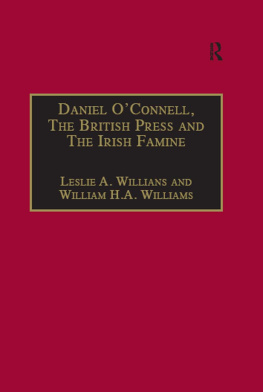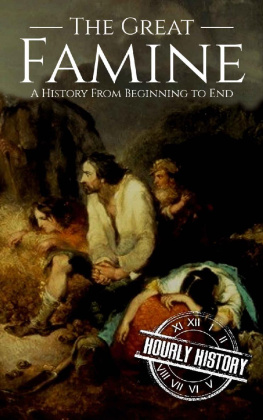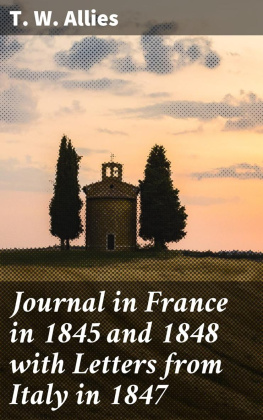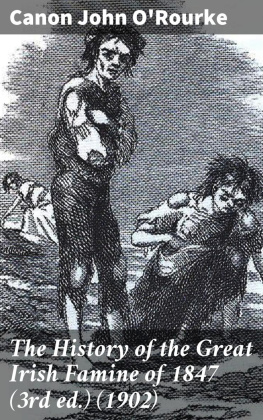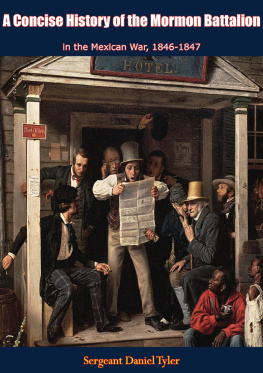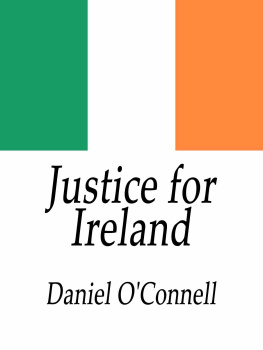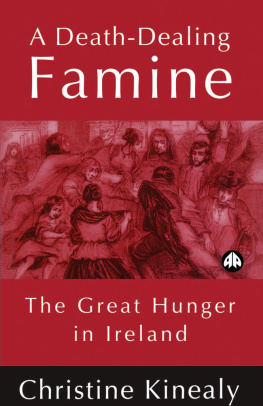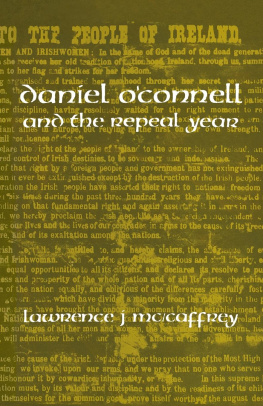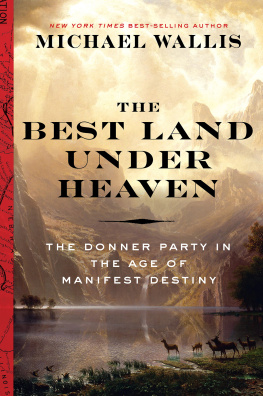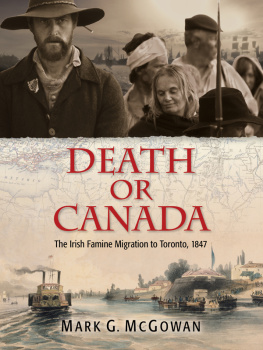Contents

DANIEL OCONNELL, THE BRITISH PRESS AND THE IRISH FAMINE
To Bill, Lavinia and Bill
Daniel OConnell, The British Press and The Irish Famine
Killing Remarks
LESLIE A. WILLIAMS (19412001)
Shawnee State University
Edited by
WILLIAM H.A. WILLIAMS
Union Institute & University

First published 2003 by Ashgate Publishing
Published 2016 by Routledge
2 Park Square, Milton Park, Abingdon, Oxon OX14 4RN
711 Third Avenue, New York, NY 10017, USA
Routledge is an imprint of the Taylor & Francis Group, an informa business
Copyright Leslie A. Williams, 2003
The author has asserted her moral right under the Copyright, Designs and Patents Act, 1988, to be identified as the author of this work.
All rights reserved. No part of this book may be reprinted or reproduced or utilised in any form or by any electronic, mechanical, or other means, now known or hereafter invented, including photocopying and recording, or in any information storage or retrieval system, without permission in writing from the publishers.
Notice:
Product or corporate names may be trademarks or registered trademarks, and are used only for identification and explanation without intent to infringe.
British Library Cataloguing in Publication Data
Williams, Leslie A.
Daniel OConnell, the British press and the Irish Famine : killing remarks. - (The nineteenth century series)
1.OConnell, Daniel, 1775-1847 - Public opinion 2.Press - Great Britain - History - 19th century 3.Ireland - History 1837-1901 - Press coverage - Great Britain 4.Ireland - History - Famine, 1845-1852 - Press coverage - Great Britain
I.Title II.Williams, W.H.A.
070.4499415081
Library of Congress Cataloging-in-Publication Data
Williams, Leslie, 1941
Daniel OConnell, the British press, and the Irish famine : killing remarks / Leslie A. Williams ; edited by William H.A. Williams.
p. cm. -- (The nineteenth century series)
Includes bibliographical references (p.) and index.
ISBN 0-7546-0553-1 (alk. paper)
1. OConnell, Daniel, 1775-1847. 2. Famines--Ireland--Press coverage. 3. Ireland--Foreign public opinion, British. 4. Ireland--History--Famine, 1845-1852--Press coverage. 5. Public opinion--Great Britain--History--19th century. 6. Great Britain--Relations--Ireland. 7. Ireland--Relations--Great Britain.
I. Williams, W.H.A. II. Title. III. Nineteenth century (Aldershot, England)
DA950.22.W55 2003
941.5081092dc21
2002026179
ISBN 13: 978-0-7546-0553-9 (hbk)
Contents
.
.
.
.
.
.
.
.
.
.
.
.
.
.
.
.
.
.
.
.
.
.
.
.
.
.
.
.
.
.
.
.
.
.
.
.
.
.
.
.
.
The aim of the series is to reflect, develop and extend the great burgeoning of interest in the nineteenth century that has been an inevitable feature of recent years, as that former epoche has come more sharply into focus as a locus for our understanding not only of the past but of the contours of our moderity. It centres primarily on major authors and subjects within Romantic and Victorian literature. It also includes studies of other British writers and issues, where these are matters of current debate: for example, biography and autobiography, journalism, periodical literature, travel writing, book production, gender, non-canonical writing. We are dedicated principally to publishing original monographs and symposia; our policy is to embrace a broad scope in chronology, approach and range of concern, and both to recognize and cut innovatively across parameters as suggested by the designations Romantic and Victorian. We welcome new ideas and theories, while valuing traditional scholarship. It is hoped that the world which predates yet so forcibly predicts and engaged our own will emerge in parts, in the wider sweep, and in the lively streams of disputation and change that are so manifest an aspect of its intellectual, artistic and social landscape.
Vincent Newey
Joanne Shattock
University of Leicester
In 1994 my wife, Leslie A. Williams, an art historian, presented a paper analyzing some of the period illustrations relating to the Irish Famine. As sometimes happens in research, from that first glance into the subject she was drawn further and further into the questions surrounding the catastrophe in Ireland. As she wrote in some notes for the preface,
This book began because the author, having been raised as an Anglophile, lived in Ireland for seven years. She could not comprehend how the English, to her a sympathetic and often generous people, allowed more than a million Irish men, women and children to perish while shipments of wheat and potatoes were exported from their land; while rents were being paid; while the Church of Ireland received its tithes; and while the 20,000 British troops with 5,000 oat-eating cavalry horses were being fed from local sources.
The word allowed is certainly problematic in this context, as Leslie recognized.
Perhaps we should ask how is it that only one million of those at risk starved? How were the second million saved? Or, looking at later statistics indicating that three million Irish (men and their families) were dependent on public works in 1847, how is it that only one million of those pauperized workers and their family members died? Perhaps the British did wonderfully well, or at least their very best, considering the magnitude of the problem.
However, like other historians who studied the Irish Famine over the past few decades, Leslie found the old appeal to inevitability unsatisfactory.
On the other hand, there were also famine-threatening failures of the potato crop in Belgium and in Prussia, and no widespread national disaster of starvation in either country. A sense of unified identity, purpose and responsibility provided for those regions. Less of a sense of national (or imperial) responsibility was felt after 1846 by the metropolitan government in London toward the Queens more distant subjects in Ireland. This book will explore some of the sources for that lack of unity that the empire manifested in the time of Irelands most desperate need.
As she moved from the illustrations to textual commentary regarding the Famine, Leslie became convinced that one major factor influencing Britains response to the crisis was the British press. She noticed how early newspaper accounts of the potato blight and speculation about its consequences for Ireland were reported within an environment already dominated by the negativity surrounding British reaction to Daniel OConnell and his campaign for the repeal of the Act of Union. Thus her study begins with The Year of Repeal and follows events through 1849, after which point the Famine began to fade from the press.
Leslie had just about completed the draft of the manuscript in the fall of 2000 when she was diagnosed with melanoma. An operation in November seemed successful. Shortly after the new year, however, we learned that the cancer had spread to her bone marrow. She died after a short time in hospital on 7 February 2001.
She had worked on the book as best she could until she entered the hospital. She had completed the research and had written second drafts all of the chapters. I promised her that I would prepare the book for publication. I have edited the chapters and occasionally filled in some background material. I have also written the introduction and conclusion. I am very pleased to present this work to which my wife dedicated so much of the last few years of her life.

